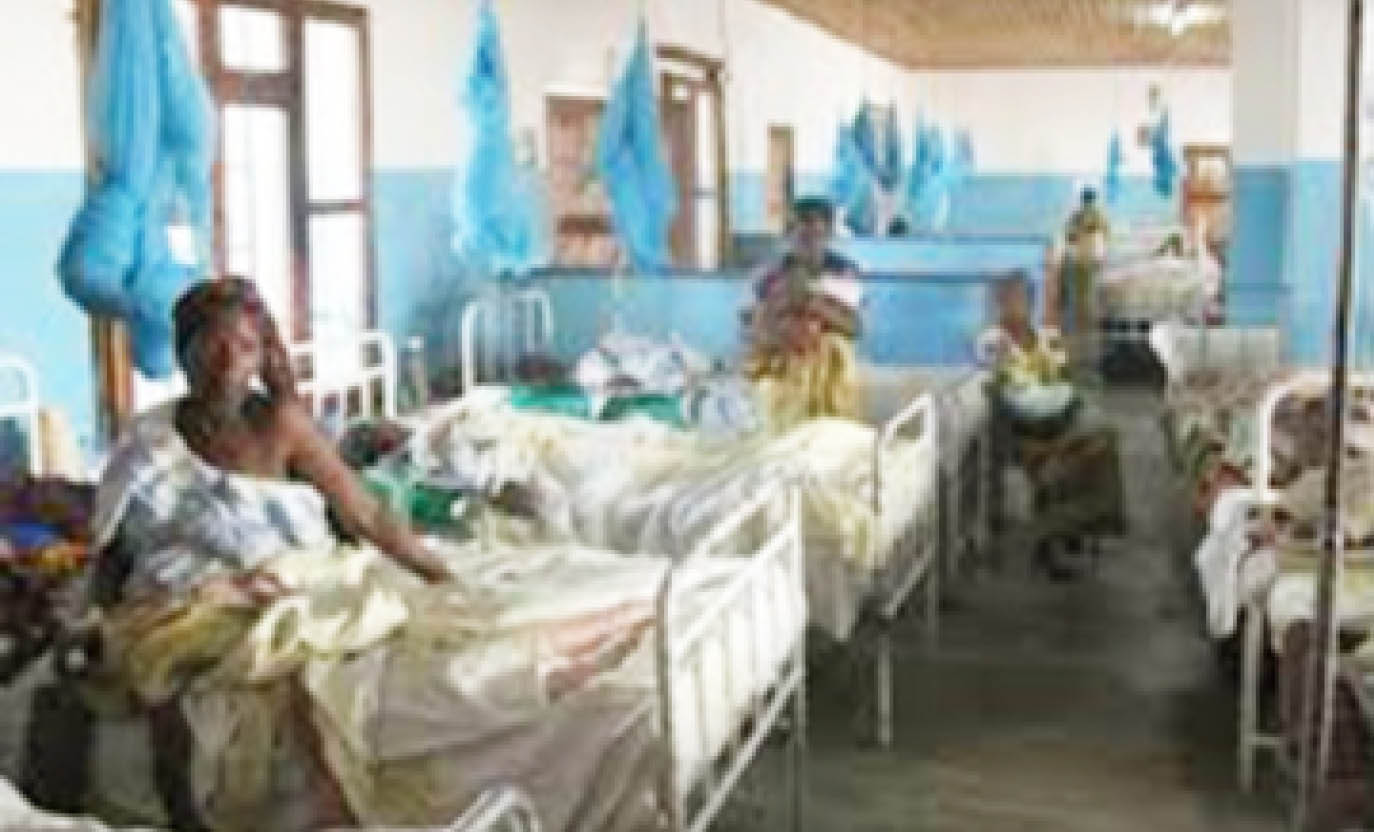The 2024 Appropriations Bill, which was signed into law by President Bola Tinubu less than 48 hours after its passage by the National Assembly, allocated a total sum of N1.3 trillion to the health sector, representing less than five per cent of the N28.7 trillion budget.
The figure failed to meet the 15 per cent yearly budget allocation to the health sector as agreed by member states of the African Union (AU) at their April 2001 meeting in Abuja, which was also adopted by the World Health Organisation (WHO).
In fact, the allocation did not even meet the pledge by President Bola Tinubu to increase the annual budgetary allocation to the health sector to 10 per cent of the country’s total budget. The president, through his Special Adviser on Health, Salma Anas, in July last year, made his pledge while speaking at a health summit organised by GateField in Abuja with the theme: “Taxing Sugary Drinks and Other Fiscal Policies for Healthcare Financing.”
“The president himself, even before anybody advocated, has said he is going to increase allocations for health. He will start from 10 per cent of the total budgetary allocation, which must go to health, and that is just the beginning,” the president’s aide had said at the time.
We will go after holders of certificates from degree mills – Education minister
Muslim leaders blame economic, security woes on lack of accountability
It is therefore shameful that this year’s budgetary allocation to health could not even match the five per cent received by the sector in the 2023 budget, let alone meet the president’s pledge of 10 per cent which, still, would have been inadequate. Perhaps the president, through his adviser on health, made the pledge just to entertain Nigerians, or forgot his own pledge when drafting the budget. Whichever the case, we are concerned because pledges made by presidents cannot be empty; certainly, should not be so quickly forgotten.
Successive governments have failed to improve health funding in a significant manner. Records show that between 2015 and 2024, allocation to the health sector has hovered around between 4.0 and 5.8 per cent of the country’s budget. This does not show any seriousness for a country facing mass exodus of its trained and experienced health workers to foreign countries, even as we continue to suffer inadequacy at home.
As a country with very poor human development indices, especially with regards to health – WHO ranks the country 187 out of 191 member nations – the federal, state and local governments need to do more than just talk without action. Many Nigerians are still without access to functional healthcare facilities, while diseases such as malaria, diphtheria, and others continue to wreak havoc across the country. It is indeed shameful that many times the country has to be bailed out by development partners and non-governmental organisations to meet its citizens’ health needs.
We specifically urge President Tinubu to remember his declaration of the unveiling of Nigeria’s Health Sector Renewal Investment Initiative and the signing of the Health Renewal Compact by federal, state governments, and development partners in Abuja on Tuesday, December 12, 2023, where he promised to prioritise and improve Nigeria’s health sector through massive investments and increased allocation of funds.
The implication of not funding the health sector adequately is that all the problems we see today may remain with us for some time. It means effective healthcare may remain unaffordable to many Nigerians, while our few doctors and related health workers will continue to seek ways out by travelling to practise abroad.
The Coordinating Minister of Health and Social Welfare, Prof. Ali Pate, should also remember his pledge on assumption of office to reverse the trend of medical tourism, prioritise health security and improve the health outcomes in the country. He must also remain committed to his move for a better synergy between the federal, state and local governments, the private sector, and other stakeholders. The health minister is a global authority on public health management, and the onus lies on him to rescue Nigeria’s health sector from its current doldrums.
For their parts, the state and local governments must complement the federal government to improve the health sector as no tier of government can do it alone. They should ensure the effective functioning of primary and secondary healthcare. The welfare of health workers should also be taken care of in a way that will keep their morale high so as to get the best out of them.
The national and state assemblies should also play their oversight functions on all government agencies and help them with enabling laws that can lead to the rapid improvement in the health sector. The health of a nation is the wealth of the nation.

 Join Daily Trust WhatsApp Community For Quick Access To News and Happenings Around You.
Join Daily Trust WhatsApp Community For Quick Access To News and Happenings Around You.


